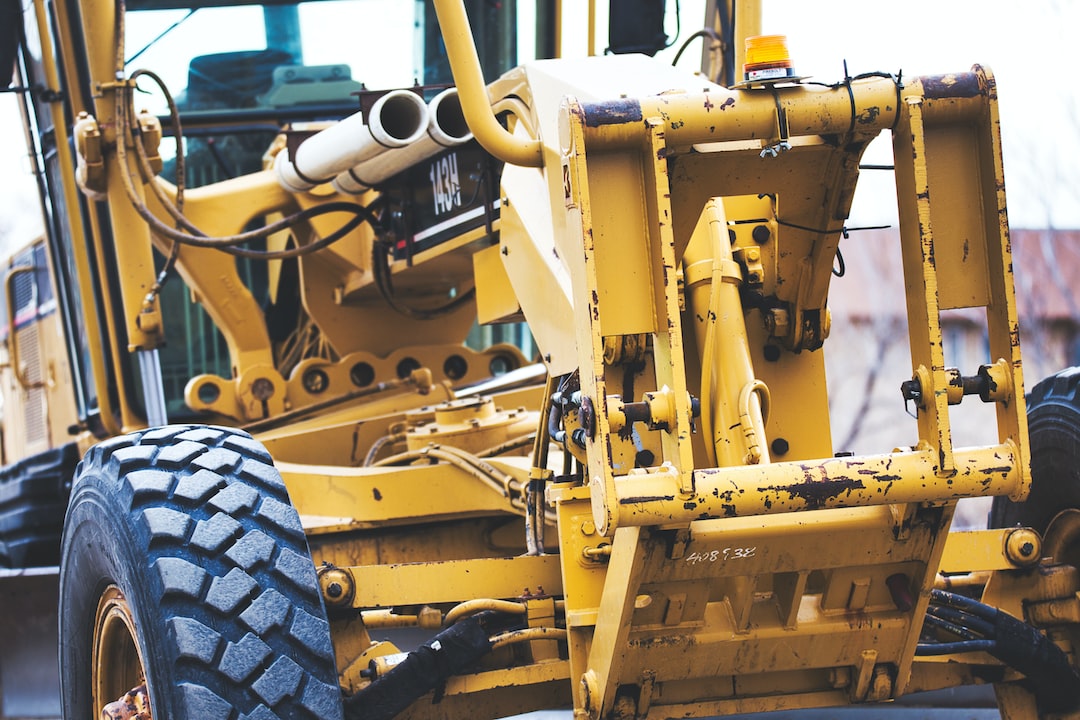The Impact of COVID-19 on the Manufacturing Industry
The emergence and rapid spread of COVID-19 in late 2019 and early 2020 has had a profound impact on every sector of the global economy, and the manufacturing industry is no exception. With governments around the world implementing strict lockdown measures and travel restrictions, businesses of all sizes have been forced to adapt to a new and uncertain reality. In this blog post, we will explore the various ways in which the manufacturing industry has been affected by this unprecedented global crisis.
First and foremost, supply chains have been severely disrupted. As the pandemic spread, countries closed their borders, halting the flow of goods and raw materials. This has resulted in a shortage of supplies for many manufacturers, leading to production delays and increased costs. Additionally, many manufacturers rely on global suppliers for key components, and the closure of international borders has made it difficult to obtain these essential parts, further exacerbating the supply chain issue.
Furthermore, the lockdown measures implemented in many countries have led to a decline in consumer demand. With people confined to their homes and facing financial uncertainty, they are less likely to purchase non-essential goods. As a result, manufacturers have experienced reduced orders and declining revenues. This has forced many companies to scale back their operations, with some even shutting down temporarily or permanently.
In addition to supply chain disruptions and reduced demand, manufacturers have also had to implement safety measures to protect their workers from COVID-19. This includes social distancing protocols, the provision of personal protective equipment (PPE), and increased sanitation efforts. While these measures are essential for safeguarding employee health, they have also resulted in decreased productivity and additional costs for manufacturers. For example, shifting to a socially distanced production line may require reconfiguration and investment in new equipment, while providing PPE to employees can be expensive.
Another significant impact of COVID-19 on the manufacturing industry has been the shift in consumer behavior and preferences. The pandemic has accelerated the adoption of e-commerce and online shopping, as people have turned to the internet to fulfill their needs while avoiding physical stores. This has led to a surge in demand for products such as electronics, home office equipment, and personal protective items, while demand for other goods, such as apparel and luxury items, has declined. Manufacturers have had to quickly adapt to this change in consumer behavior and adjust their production accordingly.
On a positive note, the pandemic has also highlighted the importance of local manufacturing and supply chains. The disruptions experienced during the crisis have shed light on the risks associated with relying heavily on imported goods and the need for more resilient domestic manufacturing capabilities. Governments and businesses are now considering strategies that promote the reshoring of production and the diversification of supply chains to reduce future vulnerabilities.
As the world grapples with the ongoing pandemic and its economic fallout, the manufacturing industry continues to face numerous challenges. Supply chain disruptions, reduced consumer demand, increased safety measures, changing consumer preferences, and the need for more resilient manufacturing capabilities are just some of the issues manufacturers are currently grappling with. However, with every challenge comes an opportunity for innovation and growth. The pandemic has forced businesses to be more adaptable and agile, encouraging the implementation of new technologies and business models. The manufacturing industry, like many others, is learning to navigate this new normal and emerge stronger on the other side.

